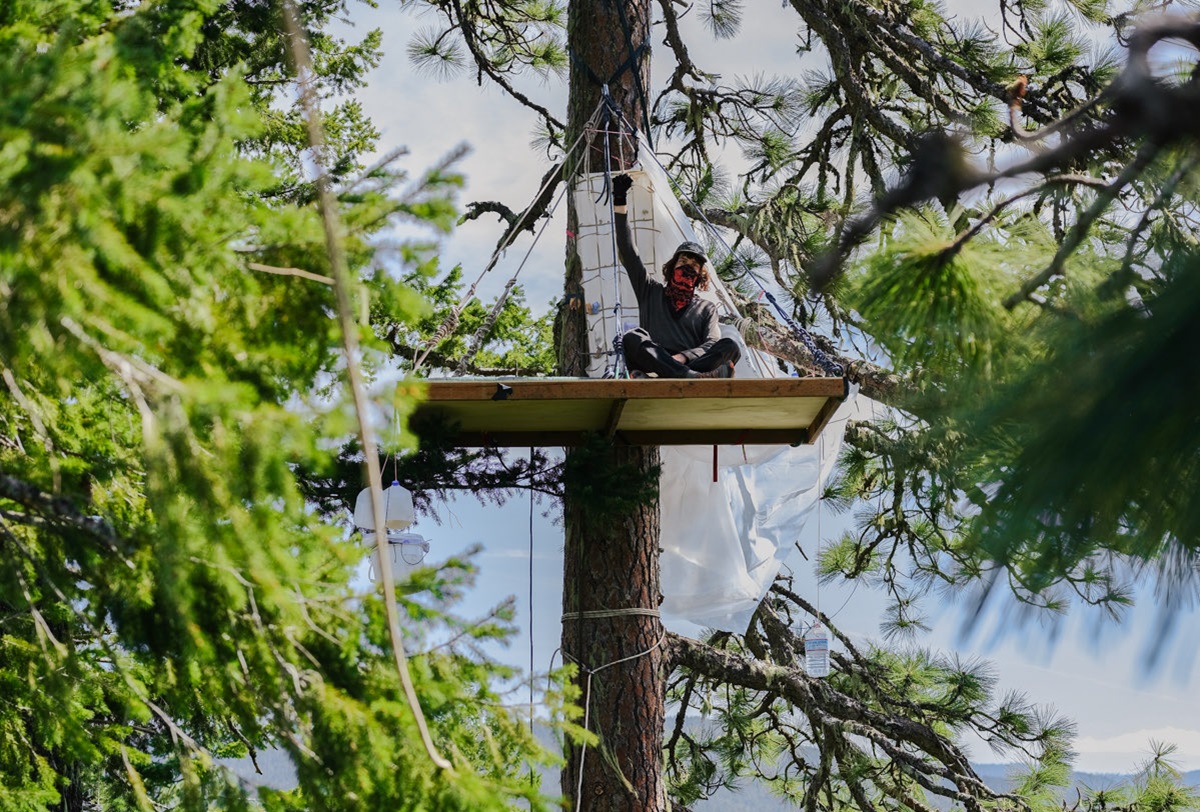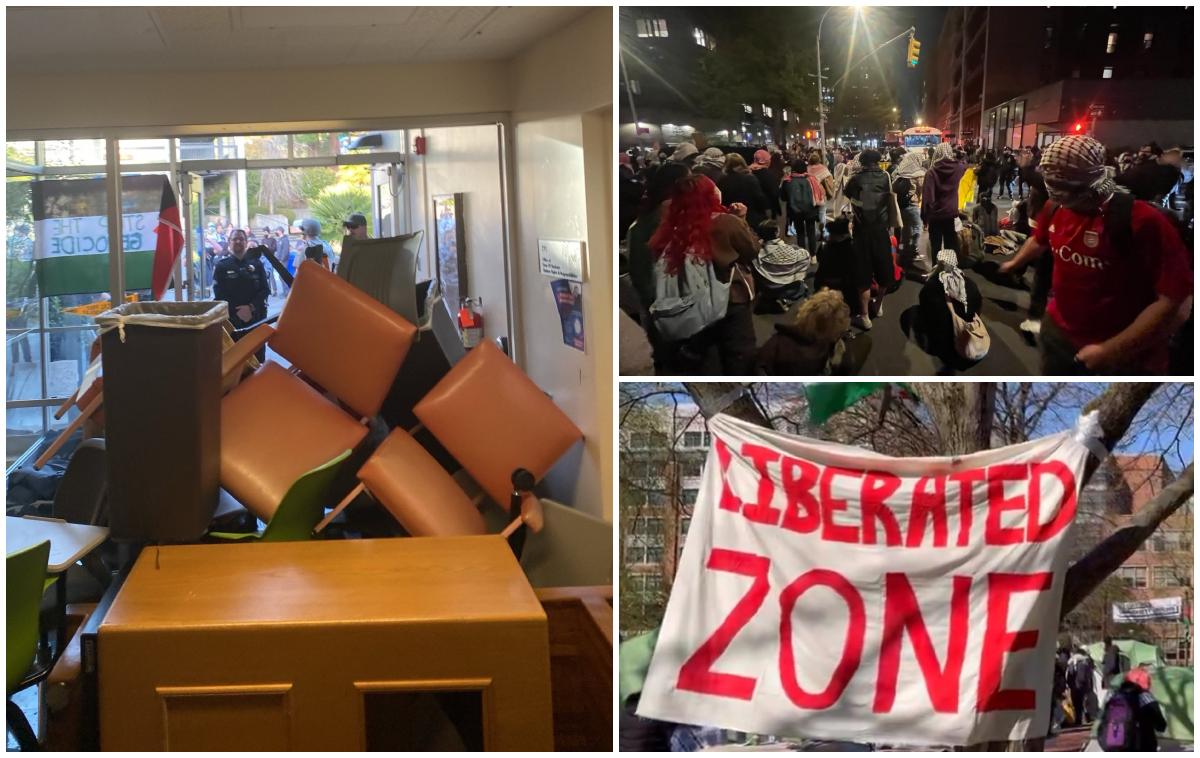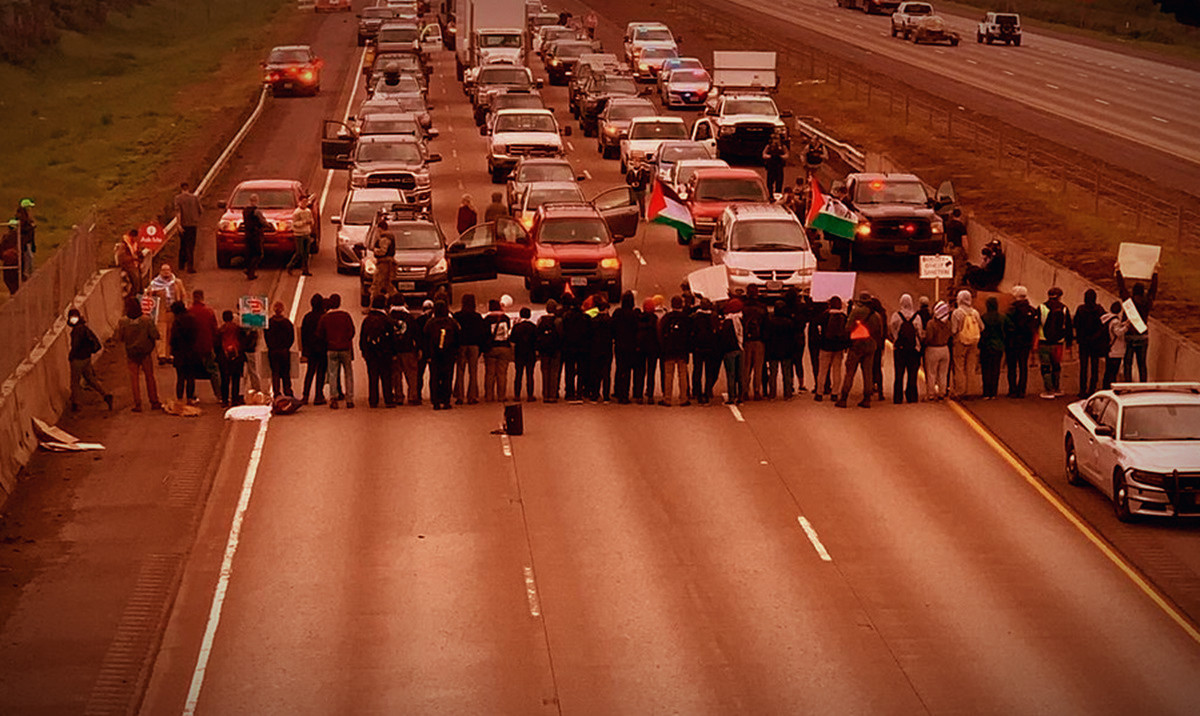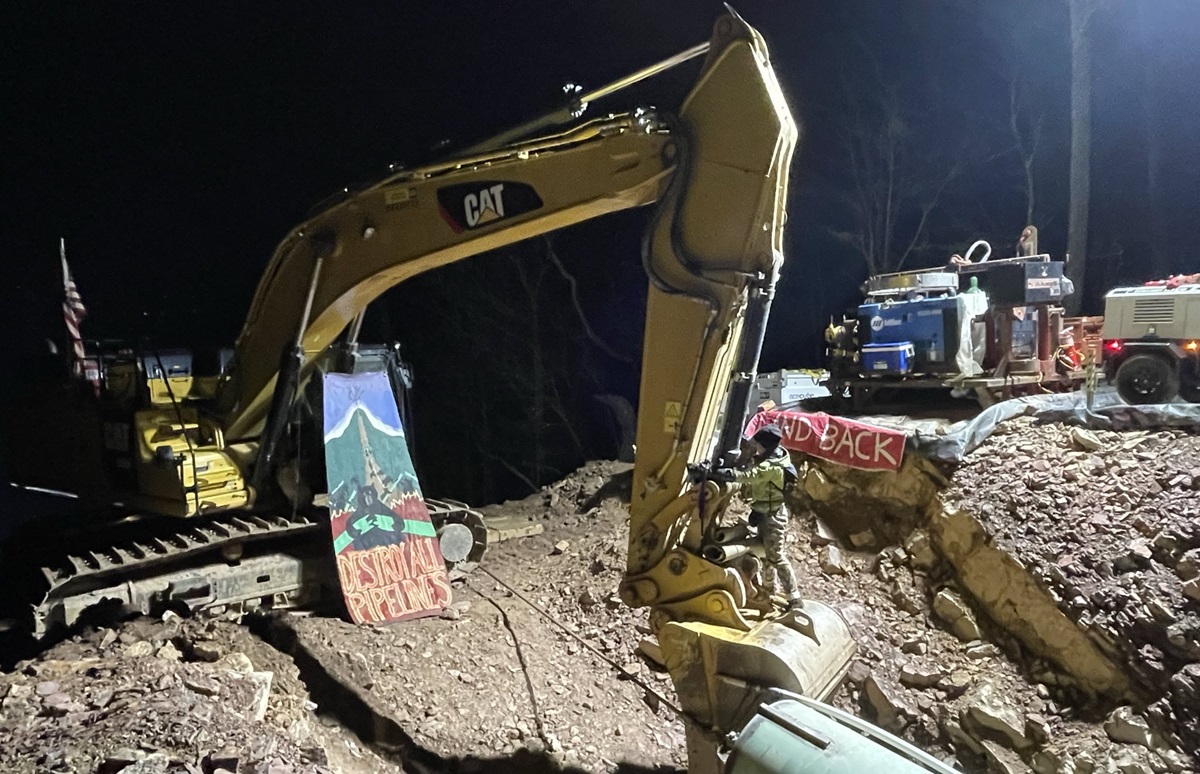Filed under: Incarceration, Interviews, Northeast, Radio/Podcast
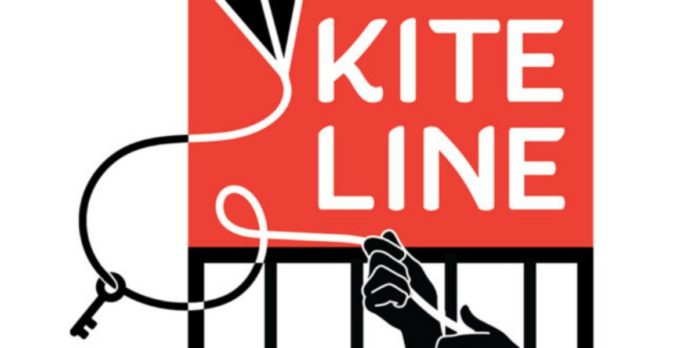
Kite Line presents an interview with the co-creator of the Close Rosie’s campaign, which aims to shut down the all-women’s jail on Rikers Island.
Listen and Download HERE
This week, we hear from Kelly Grace Price, a co-creator of the Close Rosie’s campaign. Rosie’s refers to the Rose M. Singer Facility, an all-women’s jail on Rikers Island. On average, Rosie’s detains around 630 women, girls, transgender, gender non-conforming, and intersex females while they await trial.
Price deconstructs the reformist arguments made NYC Board of Corrections and shows how they’re invalid. She also shows how Mayor DeBlasio is gaming the system, using tactics like “wagging the tail of the dog”, and how incoming Mayor Eric Adams is already compromised by his preexisting ties to the New York carceral system.
Suzanne Singer, the granddaughter of the jail’s namesake, wrote an op-ed for the New York Times highlighting the abuses at Rosie’s. Her description of the facility is damning and powerful:
Many of the women incarcerated at Rosie’s should never have been committed there. Eighty-five percent of them are mothers; a similar percentage have substance abuse disorders. Most have suffered trauma and violence at the hands of men, and two-thirds report having a mental illness, according to a 2017 report by the Independent Commission on New York City Criminal Justice and Incarceration Reform.
Seventy percent of the women at Rikers are awaiting trial. Pretrial detention should be eliminated for low-level, nonviolent crimes. Rather, these women should be sent to community-based alternative programs. The Rose M. Singer Center was supposed to be a beacon to the world, a place where women caught up in the criminal justice system would be treated humanely and kept safe.
The jail has not lived up to that vision, however. Instead, it has devolved into a torture chamber, where women are routinely abused, housed in unsanitary conditions, and denied medical and mental health services. They are treated as less than human, not as our grandmothers, mothers, daughters and sisters.


